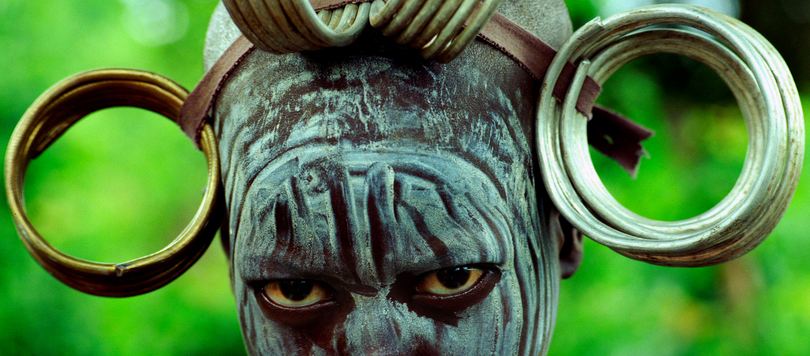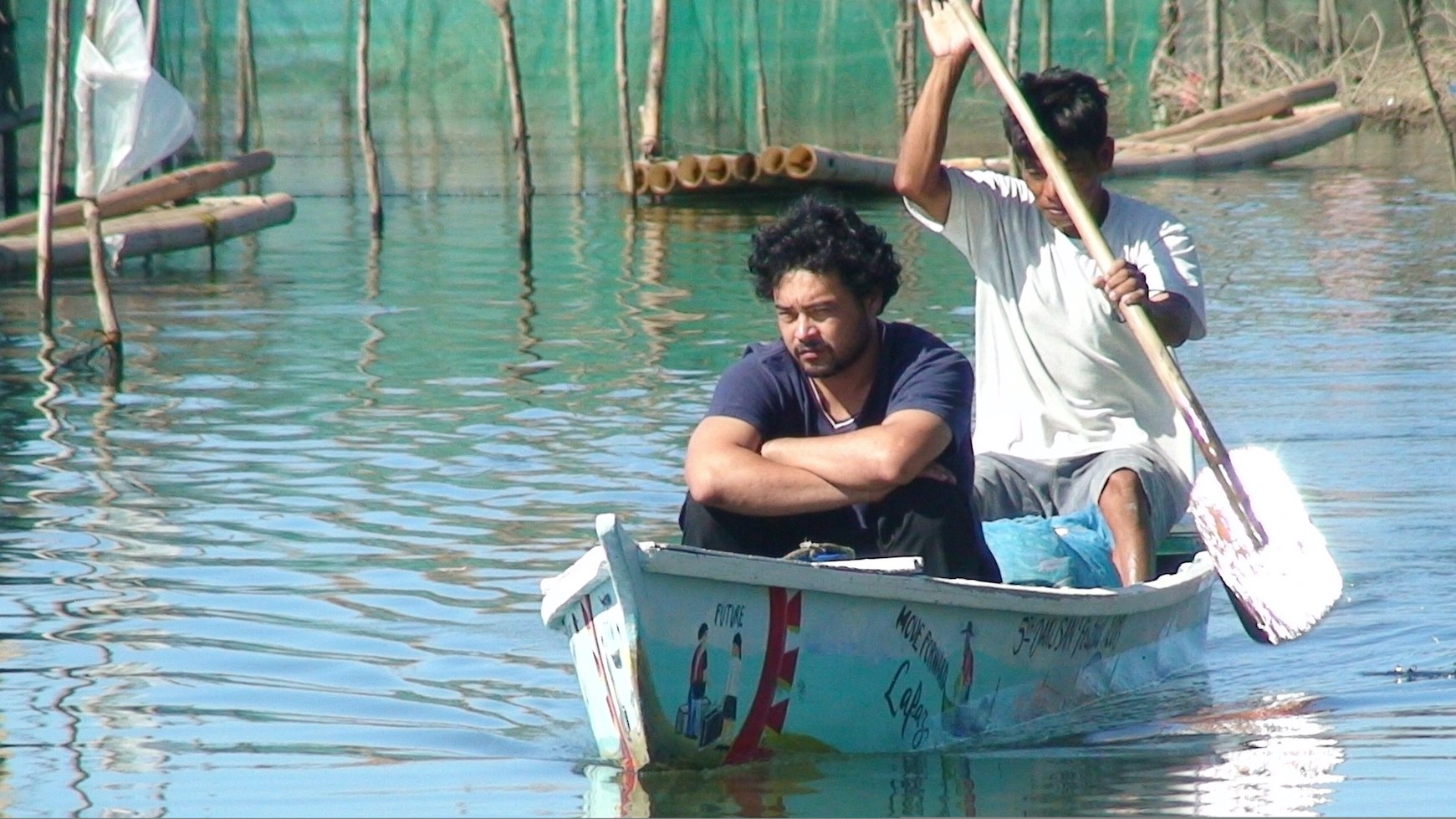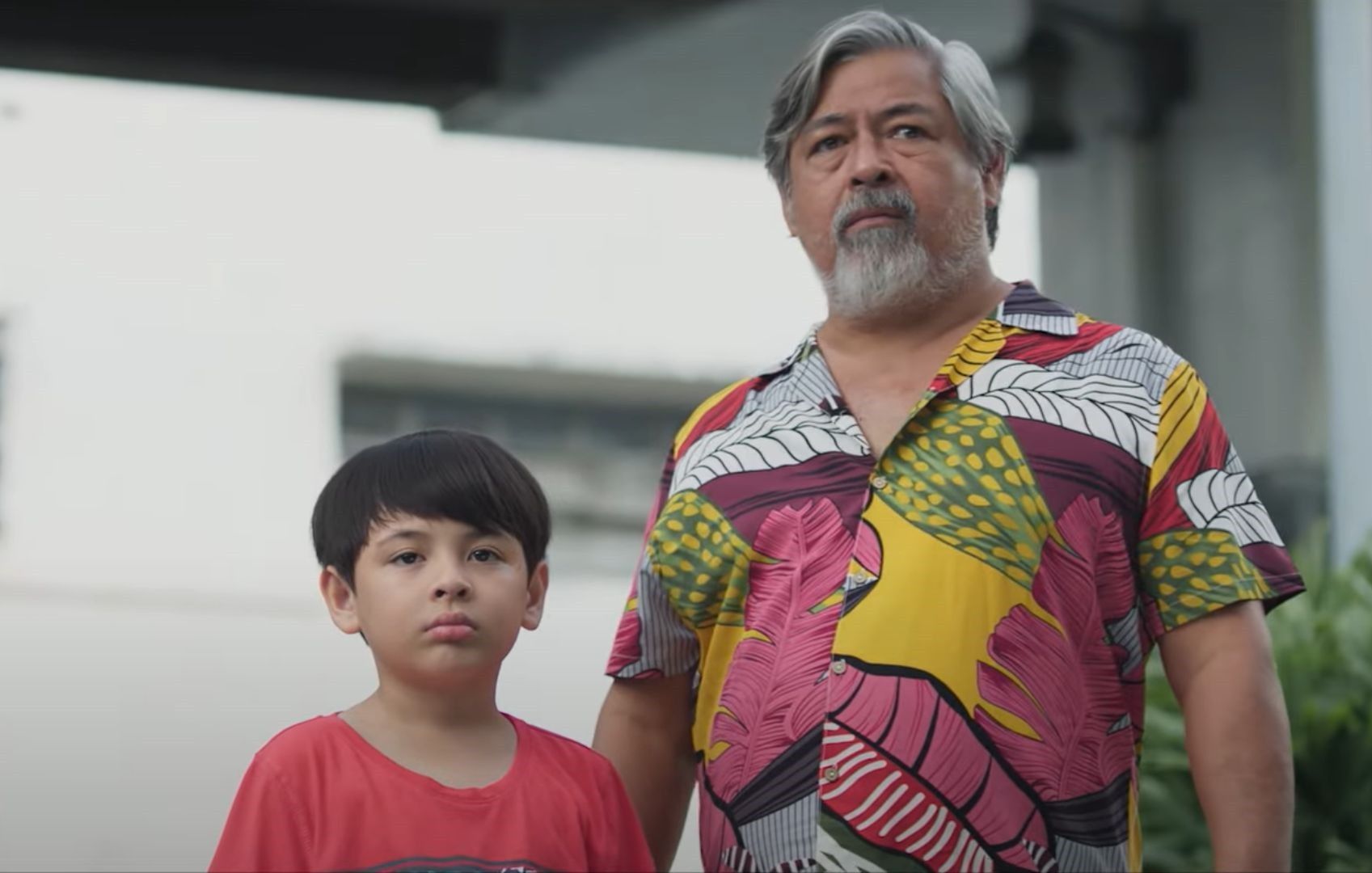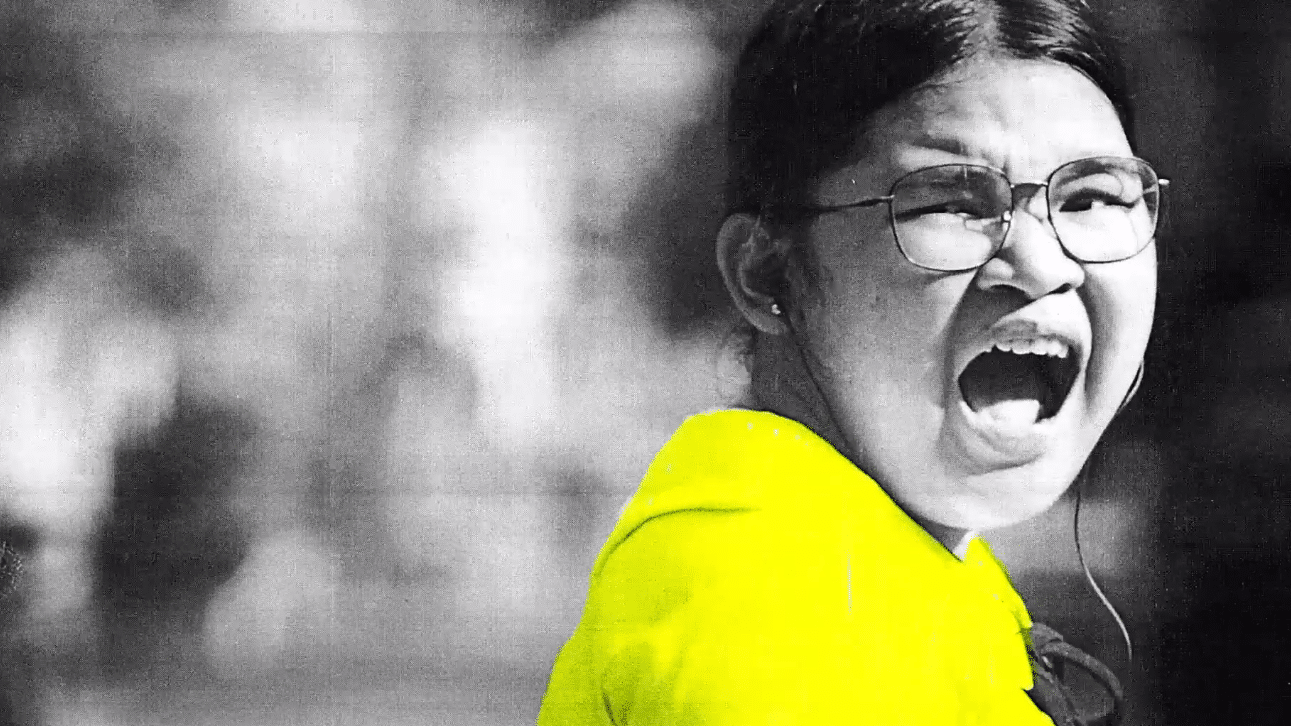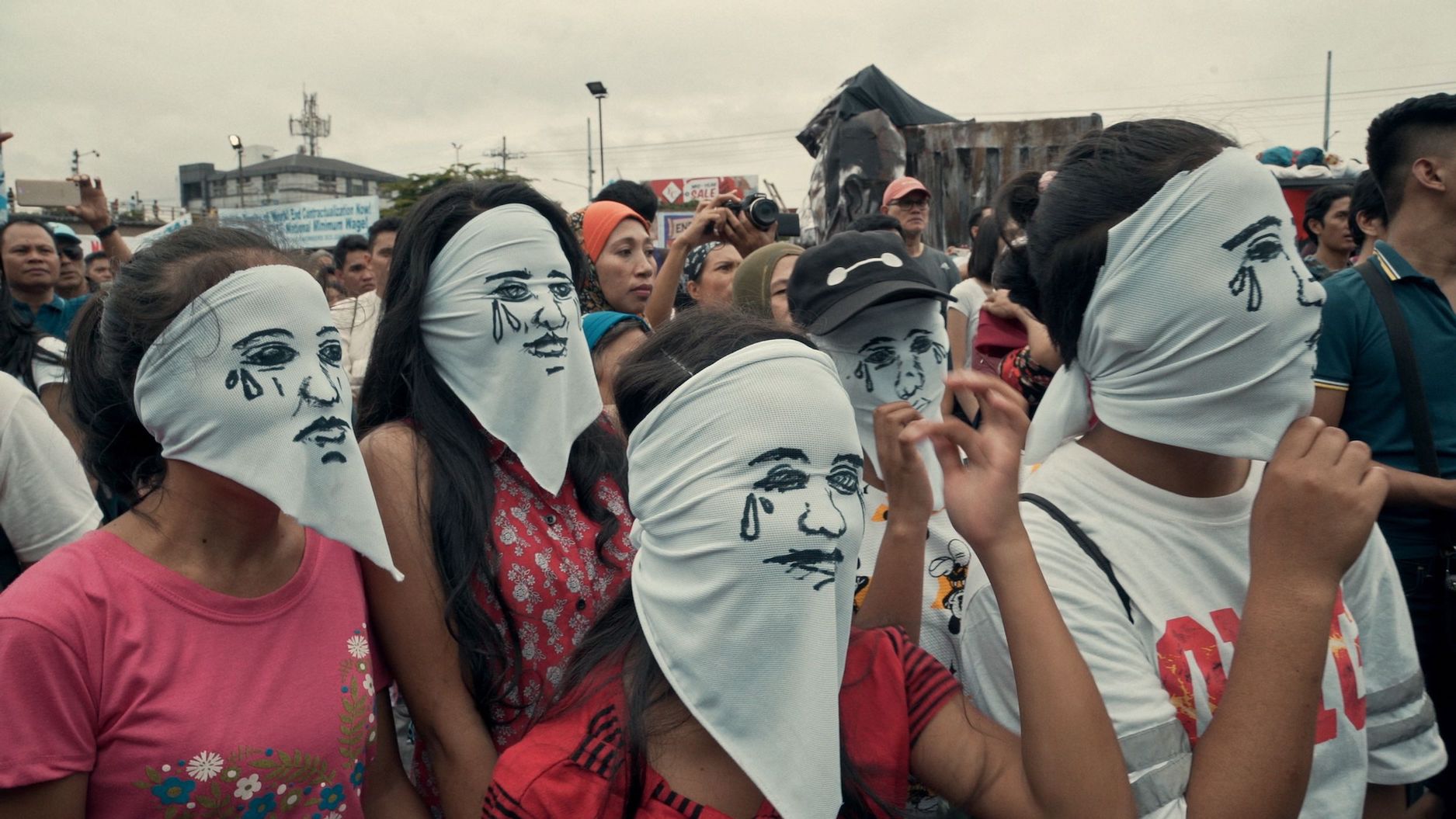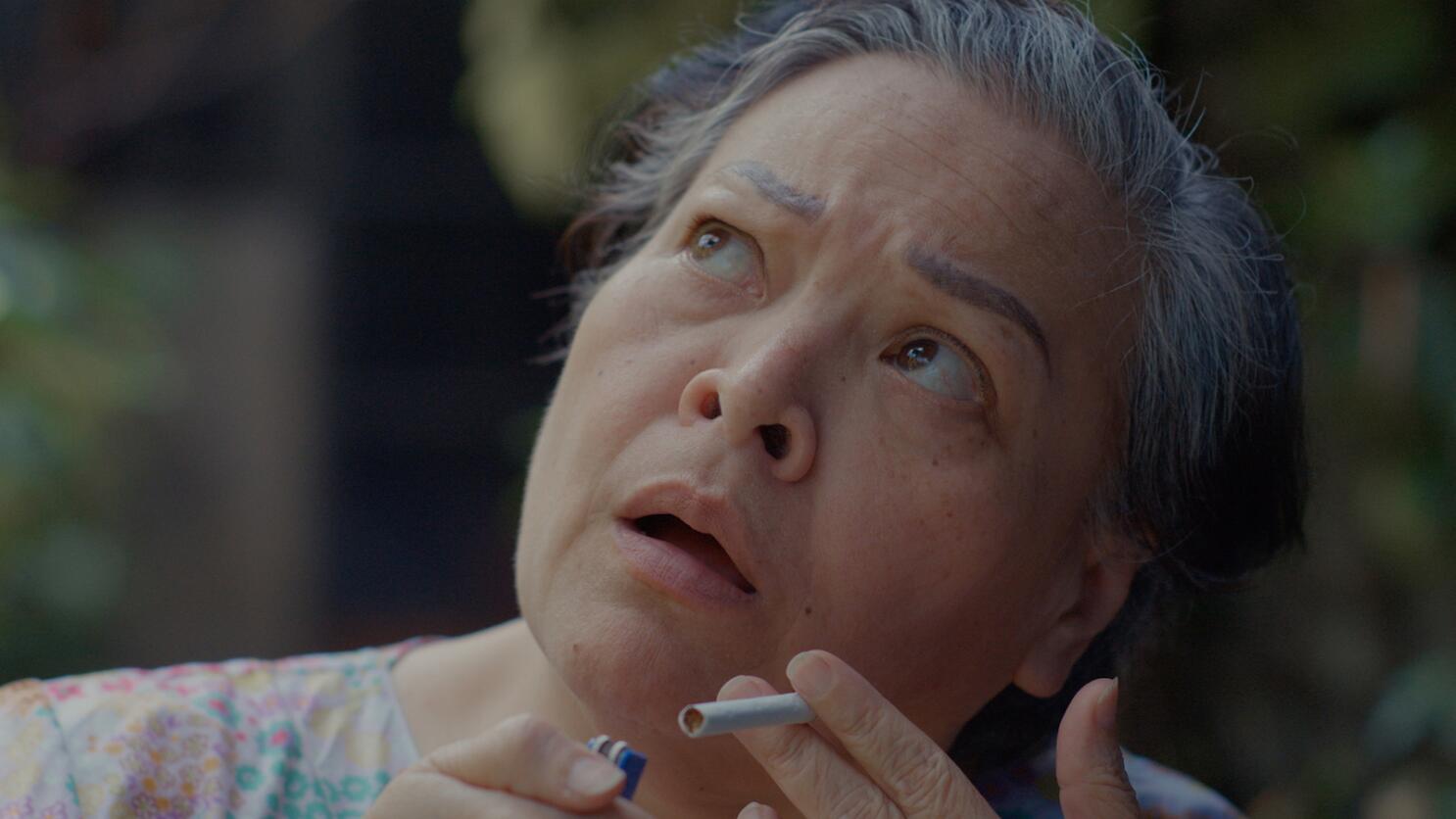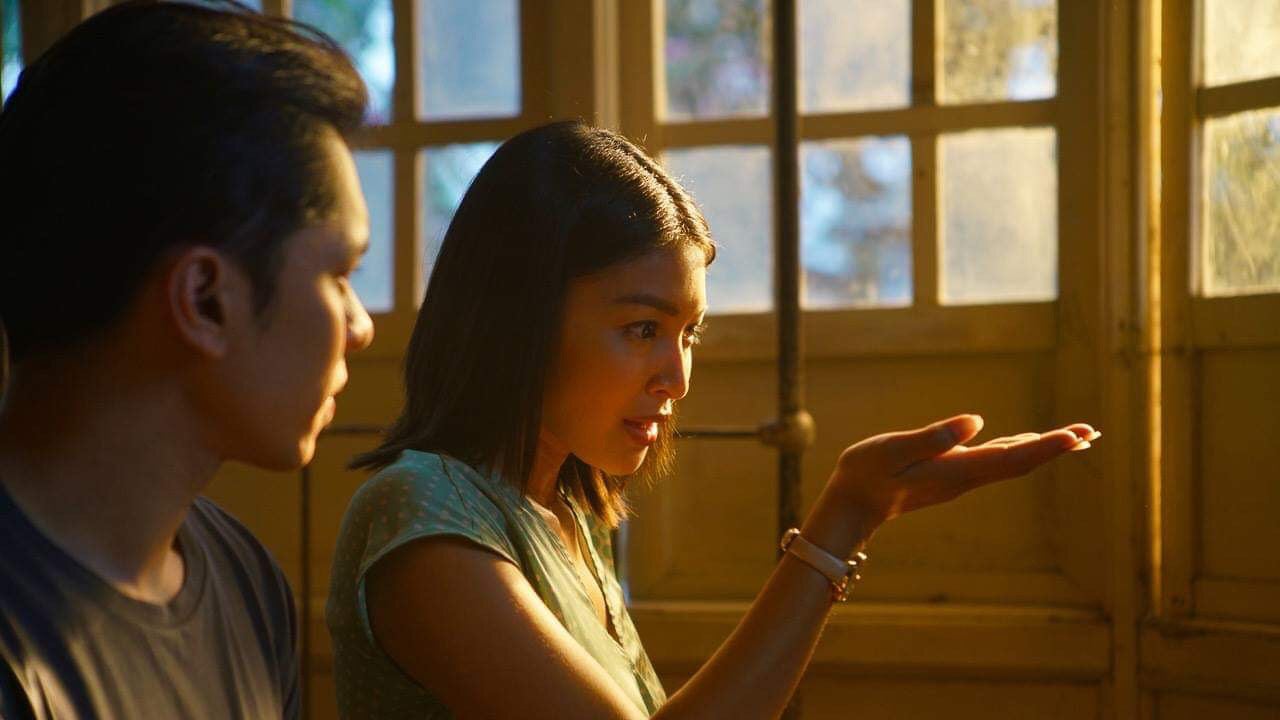
10 Best Filipino Movies to Watch Right Now
August 21, 2024
Share:
From heart-wrenching socio-economic dramas to heartwarming self-discovery, Filipino cinema offers a rich tapestry of storytelling that reflects the diverse culture and spirit of the Philippines. These twelve exceptional films not only showcase the immense talent of Filipino filmmakers but also provide a window into the country’s unique experiences, traditions, and struggles. If you’re seeking powerful narratives that tug at your heartstrings this curated list will guide you through the very best of Filipino cinema. So grab some popcorn, settle in, and let the magic of these movies transport you to the captivating world of the Philippines.
Read also:
1. Samsara (2012)
Country
Director
Actors
Moods
The Sanskrit word Samsara refers to the wheel of life and roughly translates to “continuous flow”. And, indeed, Samsara takes us on an entrancing journey, chronicling the never-ending cycle of birth, life, death, and re-birth that life, big and small, goes through—at least according to the religions that were born on the Indian continent. Shot on 70mm film and utilizing computerized camera movements as well as time-lapse photography, this film by American director Ron Fricke delivers absolutely breath-taking visuals. Whether it’s awe-inspiring vastness or the close-up of a human face, its narration-less narrative integrates every aspect of human and natural life regardless of scale or location. The scope of this effort is truly awe-inspiring and the clarity of it has to be seen to be believed. An unusual and magical film!
2. Norte, the End of History (2014)
Country
Director
Actors
Moods
Clocking in at just over four hours and shot in vivid color, Norte, the End of History stands not only as Filipino auteur Lav Diaz’s best work since his earliest films, but as the easiest entry point into his unique filmography. Told on a sweeping yet intimate scale, the film has all the trademarks of Diaz’s work: slow, lengthy shots; bursts of dense dialogue and philosophizing; and copious amounts of human despair and systemic corruption. As our three protagonists’ souls (who rarely share the screen, if at all) are pushed to the limit after a terrible crime is committed, everything heads toward universal truths—the perseverance of love, and the inevitability of divine justice.
It can be difficult to recommend any film of this length and deliberate pace, but Norte remains a masterful example of how to use time itself to build a monumental story.
3. Lolo and the Kid (2024)
Country
Director
Actors
Moods
They did it. They took advantage of Pinoy movies’ penchant for sappy writing and used it to deliver on its premise. Coming into it blind more-so, you see the violent shift in writing and energy, with everything feeling more relaxed, organic, and truthful after the premise sets in. But they take that subversion a step further by unironically sticking with the sappy elements and not drowning in them; using dramatic backstories, catchphrases, and the staple recurring ’80s theme song to tease and anchor the drama throughout. By Filipino drama standards, it might be an unconventional family film, but with how well they used the tropes, it might also be the quintessential Filipino family film.
4. Cleaners (2019)
Country
Director
Actors
Moods
In Letterboxd, Cleaners was once the highest rated film of 2021, and was once in the list of the top 250 narrative features overall before the rating system changed in 2023. To viewers outside the Philippines, this might have been mind-boggling, especially since the film wasn’t yet released internationally the year it premiered, but it shot up the ranks for a reason. The coming-of-age anthology just looks so different, being filmed live, then xeroxed and highlighted, frame by frame, just like print-outs for school. The unique approach evokes a sense of nostalgia in high contrast print and blurred movement, and it’s matched with the classic Filipino coming-of-age moments that has rarely been seen before.
5. Ordinary People (2016)
Country
Director
Actors
Moods
Ordinary People tells the harrowing story of Jane and Aries, two teenage parents struggling to survive the streets of Manila. At the mercy of limited welfare, the two resort to criminal activity to get by. When a woman offers to help them financially (on loan), Jane eventually relents—but is shocked to discover that her baby’s been kidnapped. Trying everything from going to the police to contacting the perpetrator’s mother, the reality becomes unavoidable: no one truly cares for the poor even if they’re children. Interspersed with CCTV footage of the crimes the characters commit or witness, this powerful, heartbreaking portrait of poverty still offers glimmers of hope as they fight the odds to continue their search together.
6. Metro Manila (2013)
Country
Director
Actors
Moods
Oscar, his wife Teresa, and their young children move from the rural Philippines to the city, hoping for a better life. Immediately, they struggle to survive in the harsh and unforgiving Metro Manila. Through shaky close-ups, shifting moods, and shots of bustling streets, the film captures the poverty, violence, and desperation in the daily of the city. Actors Jake Macapagal and Althea Vega excellently portray the subtleties of constant suffering, leading the tumultuous journey through a cutthroat metropolis. As the drama shifts to a crime thriller, it never loses its footing highlighting the severe link between poverty and crime.
7. Third World Romance (2023)
Country
Director
Actors
Moods
Third World Romance is what it says in the tin– it’s a love story that blooms in the rundown side of the capital of a developing country. The plot is familiar, especially for people familiar with Filipino rom coms, but writer-director Dwein Baltazar approaches this with a grounded approach. With fancy dinner dates substituted with shared packed rice meals and emotional apologies interrupted by their shifts in the grocery, Bree and Alvin carve out a love that still feels passionate, perhaps made even more so, as they navigate a city where they are disenfranchised. Charlie Dizon and Carlo Aquino’s excellent performances keep their characters’ struggles real, but also make their love feel joyful in spite of that.
8. Aswang (2019)
Country
Director
Actors
Moods
As courageous now as it was when it was first released domestically in the Philippines, Aswang stands as an essential act of bearing witness to a “war on drugs” that the government continues to deny or justify to this day. Director Alyx Arumpac remains firmly by the side of these ordinary people who have to live through the nightmare of their friends, relatives, and neighbors being slaughtered in the streets. There seems to be little editorializing on the part of the filmmakers, as they allow the people to walk us through their own stories—even if larger powers would have us believe that the poor are dangerous, volatile, and in need of disciplining through death. It’s a harrowing watch that presents on-the-ground stories with clarity, tenacity, and a surprising level of polish to boot.
Read also:
9. Leonor Will Never Die (2022)
Country
Director
Actors
Moods
At times looking and sounding like a real Filipino action film from 50 years ago, while painstakingly edited to juggle storylines across several realities, Leonor Will Never Die is worth seeing for its originality and ambition alone. Among so many other films that function as sanitized “love letters to cinema,” this one bears the distinction of still feeling charmingly scrappy and improvised even with how meticulously it’s crafted. It doesn’t simply pine for a bygone era of movies, but it actively explores what purpose movies serve to us as individuals and as communities. Where it arrives with regard to healing and acceptance and bringing people together feels entirely earned, even if it might not always be easy to understand.
10. Rain (2019)
Country
Director
Actors
Moods
To those unfamiliar with Filipino folklore, some of the scenes in Rain (2019) might feel kooky, with horse heads and giant eggs and the personification of a typhoon popping up occasionally in between Maya’s quest for love. Even fans of Filipino romantic dramas and love teams might be taken aback by the last third of the film, which doesn’t take the usual route in the genre. But these eccentric choices work to characterize Maya as someone who loves being in love, as someone who grew up on mythology and fantasy to cope with the difficulties of life, as someone who nevertheless keeps that belief despite the terribleness of the mundane, the mismanaged inconveniences that pile up, and, of course, the multiple heartbreaks that she faces. It may be strange and unexpected, but Ulan is just one of the most unique Filipino romances ever created.
Comments
Add a comment
Ready to cut the cord?
Here are the 12 cheapest Live TV streaming services for cord-cutting.
More lists
Lists on how to save money by cutting the cord.
Curated by humans, not algorithms.
© 2024 A Good Movie to Watch. Altona Studio, LLC, all rights reserved.
